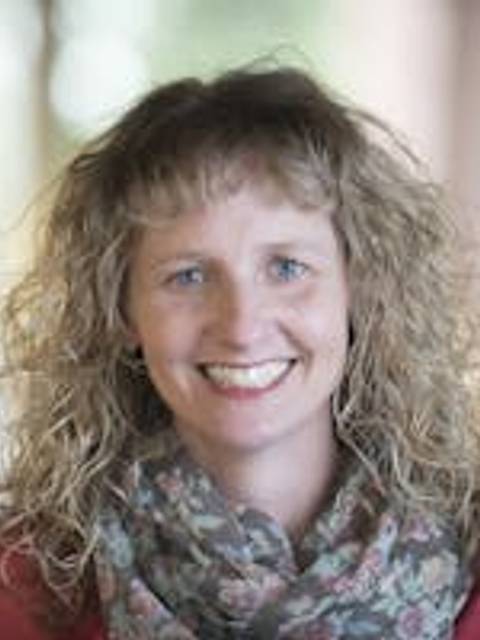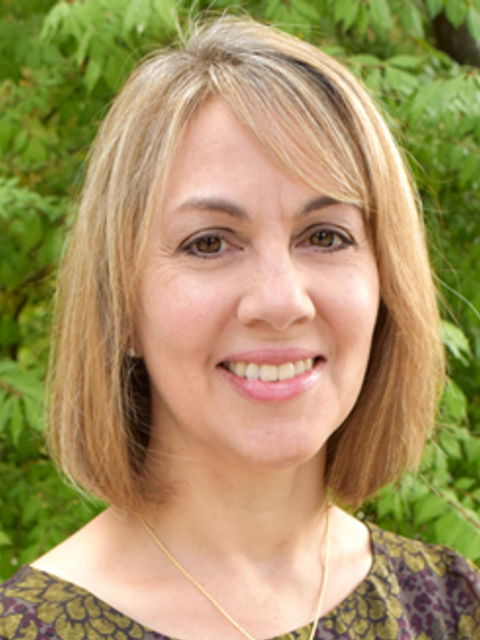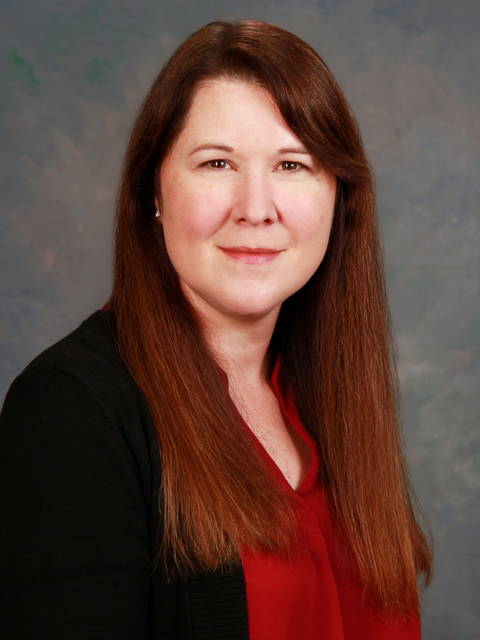Research has shown that practicing self-care can lead to greater job satisfaction among social workers. When social workers prioritize their own well-being, they are better equipped to support their clients and navigate the challenges of their profession.
| Series | Ethics and Boundaries |
|---|---|
| Next Session | Oct. 30, 2024 | 8:30 a.m. to 12:30 p.m. |
| Later Date | Jan. 22, 2025 | 8:30 a.m. to 12:30 p.m. |
| Related Programs |
Understand the importance of self-care
This session focuses on the importance of self-care and the prevention of compassion fatigue and burnout as a basis of ethical practice. Since taking care of ourselves as clinicians is mandated by ethics codes, it is essential for mental health professionals to consider their self-care practices on an ongoing basis, not only as new professionals but also along one's professional journey. We must take care of ourselves in order to provide competent services to clients. Ethical standards and ethical decision-making will be discussed, including consideration of ethical dilemmas related to compassion fatigue, burnout, and self-care. We will outline symptoms to watch for in relation to compassion fatigue and burnout. We will discuss and self-assess self-care practices, then develop individualized self-care plans.
Learning Objectives:
- Examine the importance of self-care practices and clinician wellbeing.
- Recognize the signs, symptoms, and impact that compassion fatigue/burnout may have on clinician’s personal and professional functioning.
- Explore self-assessments clinicians can use to identify compassion fatigue, burnout, and self-care strategies.
- Develop a self-care plan in response to self-assessments and best practices.
- Explore the ethical standards and ethical decision-making models used by mental health professionals in relation to compassion fatigue, burnout, and self-care.
- Apply appropriate ethical standards and decision-making models to ethical dilemmas associated with compassion fatigue, burnout, and self-care in clinical practice.
This program meets Wisconsin Ethics and Boundaries continuing education requirements for human service professionals.
Who should attend
Human service professionals such as social workers, professional counselors, therapists, and psychologists.
Instructors
-
Dr. Amy Evans (LPCC) is an associate professor in the M.A. in Counseling program at Bethel University. Dr. Evans completed her undergraduate degree in psychology at Northwestern College in Minnesota, a master's degree in counseling at the University of Wisconsin-Platteville and a Ph.D. in Counseling Psychology at the University of Wisconsin-Madison.
-

Dr. Jennifer Koenig Nelson earned her bachelor's degree in psychology at Northwestern College, her master's at Northern Illinois University, and her doctorate at Purdue University in Applied Child and Family Studies with a Specialization in Marriage and Family Therapy. Before coming to Bethel, Jennifer served as Clinical Director/Clinical Training Coordinator at Friends University and a marriage and family therapist in private practice. She is currently the Clinical Director of Bethel University's M.A. Counseling program. Jennifer is a Licensed Marriage and Family Therapist (MN) and an AAMFT Approved Supervisor.
-

Dr. Deanna Towns earned her bachelor's degree in social work from the University of Georgia, her master's in marriage and family therapy from Liberty University in Virginia, and her doctorate in counselor education and supervision at Regent University in Virginia. Prior to joining the Bethel community, Deanna worked as an adjunct professor at Regent University and as a clinical mental health counselor in private practice. She is involved in educating students and supervisors cross-culturally and establishing the profession of counseling in Eastern Europe.
